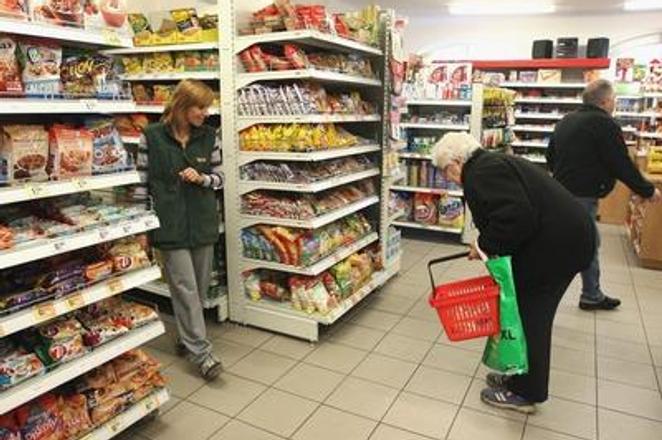Only 39 percent of food on the shelves of retail chains in Slovakia actually comes from domestic sources, according to research carried out by GfK Slovakia for the Slovak Food Chamber (PKS) on 360 outlets of seven retail chains around Slovakia between March 1 and 23. It is by 1 percentage point less than last year, the TASR newswire reported.
Food producers warn that the share of domestic food products has dropped from 50 percent to 39 percent over the past six years.
“There hasn’t been a single year that has seen some degree of stabilisation or, God forbid, an increase,” said PKS president Daniel Poturnay, as quoted by TASR.
Milk was the most frequently found domestic food product (56 percent), followed by water (55 percent), wine (52 percent) and beer and spirits (51 percent).
Conversely, the least frequently found domestic food products were cooking oil and non-chocolate confectionery (both 12 percent), followed by canned products (15 percent) and chocolate (21 percent).
With respect to individual chains, the largest share of domestic food products was recorded at COOP Jednota (60 percent), followed by CBA (54 percent), Tesco (43 percent) and Kaufland (35 percent). Lidl was at the bottom of the list with 16 percent.
PKS is convinced that this declining trend needs to be halted. It has called on the current leadership of the Agriculture Ministry to start supporting domestic food products. PKS thinks that domestically produced food will have a difficult time without the ministry’s support, TASR reported.
The retail chains, however, refuse any discrimination against domestic suppliers.
“Every modern retail supplier, regardless whether it’s domestic or foreign, must be able to meet three main requirements: provide the required quality of goods in requested quantity and at requested time periods,” reads the statement of the Slovak Alliance of Modern Retail (SAMO), as quoted by TASR.
The sale of foodstuffs, not only Slovak products but in general, always hinges on the interest of customers.
“Although people declare their customer interest in Slovak products, survey results indicate that customer decisions are guided in reality by different criteria,” SAMO continued.
According to the latest TNS poll dated from August 2015, shoppers take into account the proximity of the store to their home and quality of offered products and prices; with the origin of goods failing to make it even among the top seven decisive factors.



 Illustrative stock photo (source: Sme)
Illustrative stock photo (source: Sme)